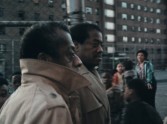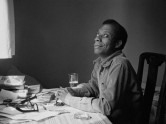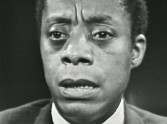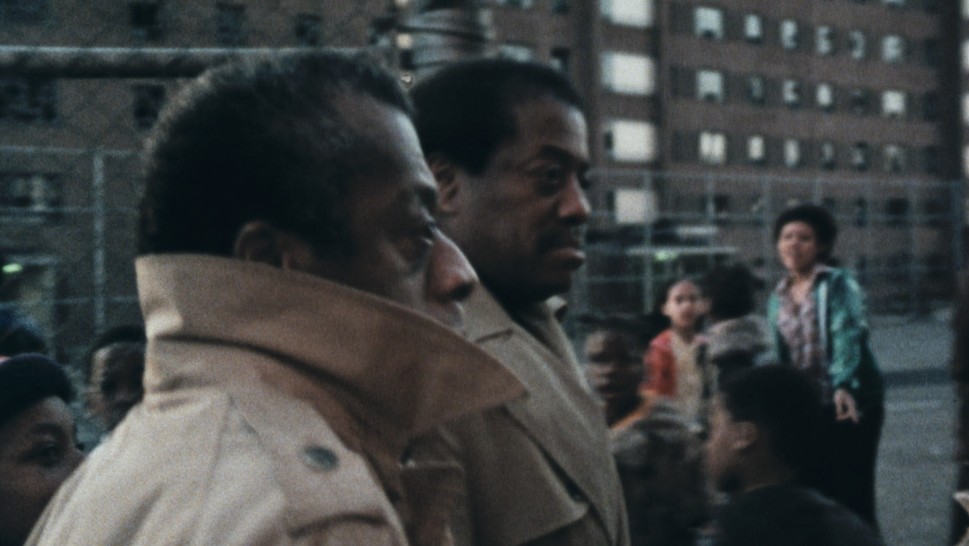
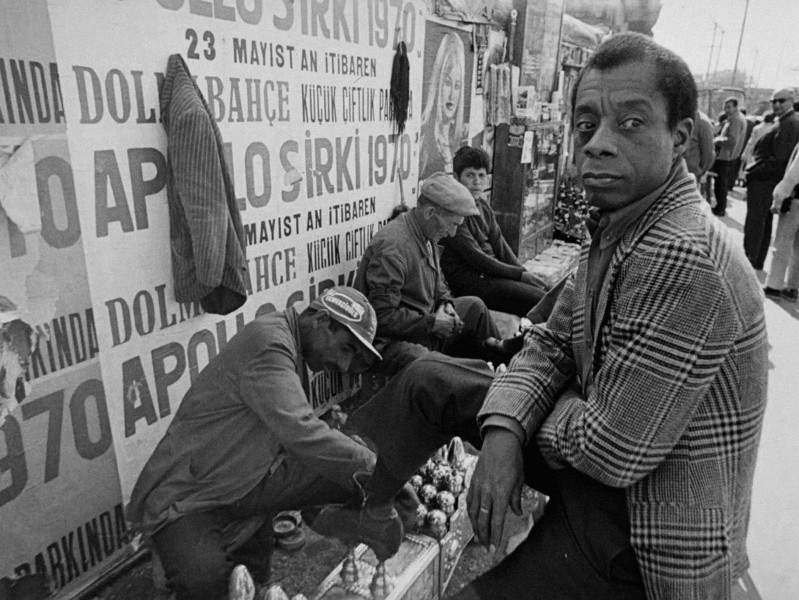

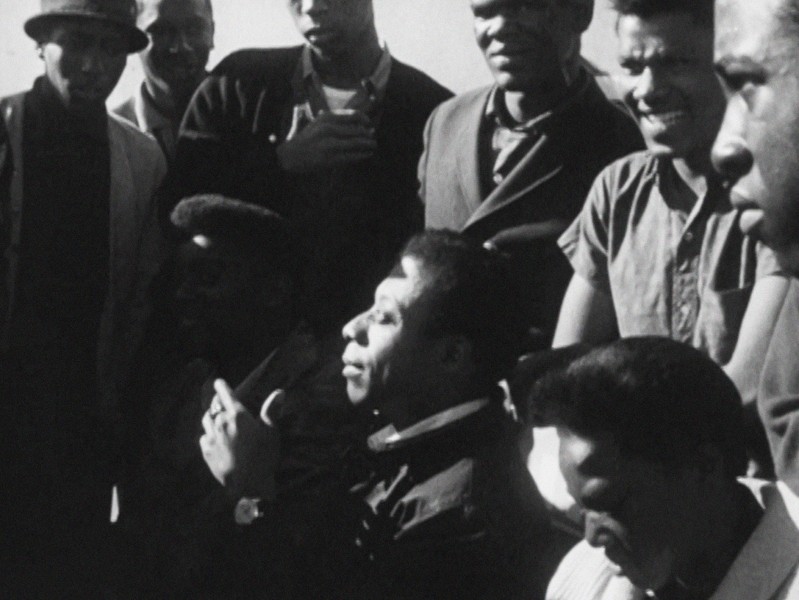
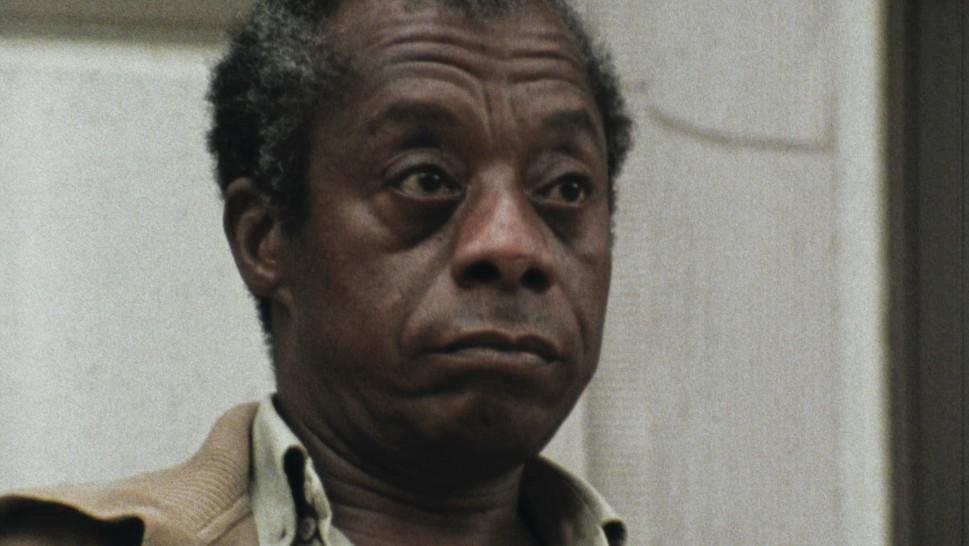
I Heard It Through the Grapevine with James Baldwin
At the start of his journey in Dick Fontaine and Pat Hartley’s I Heard it Through the Grapevine, poet and historian Sterling Brown reminds Baldwin “Don’t forget, you’re not a sociologist. You are a visionary and you are a reformer.” In that film, as well as the other documentaries in this series, Baldwin lives up to these roles, using the power of his words and his presence to activate others.
Whether relaxed or agitated, James Baldwin always appears miraculously composed and intellectually nimble in front of the camera, evincing a remarkable ease and confidence. Even if the situation is tense, he maintains his cool and does not shy away from confrontation. In the films in this program, he may be the most famous person in the frame, but he keeps the focus on the ideas and the issues—without pretension or overintellectualism—as well as the views of his fellow Black compatriots. As he avers in Meeting the Man, “I’m one of the very few dark people in the world who have a voice.” Thus, he speaks, but he also asks questions and listens attentively, using his fame to let those silenced speak. This is especially apparent in I Heard it Through the Grapevine, an early 80s revisitation of the civil rights movement with Baldwin as its guiding witness. He listens to innumerable activists and community leaders, not nearly as famous as he, honoring their stories, their histories and their never-ending work. And in Take This Hammer, he spends much of his visit to San Francisco talking to Black teenagers, a population whose voices were rarely, if ever, heard in the media. In both films, Black youth take a central role in Baldwin’s view on the path to advancing, to healing and forging ahead with both fierceness and hope.
The Harvard Film Archive is proud to have played a central role in the restoration and rerelease of I Heard It Through the Grapevine, a monumental work that originally had a limited theatrical run at Film Forum and a PBS broadcast. Whereas in the 1980s the film represented a revisitation and reassessment of the civil rights movement, today audiences look back at the longer, more convoluted arc of the movement’s ongoing path, which has changed but never ended. This film, coupled with the accompanying works in the series, forms a luminous, if partial portrait of the force that is James Baldwin, his persona, his charisma and his views as they shift and evolve. Despite the hardship and relentless violence, he always recognizes the potential in people, which is surely why he even engages with the difficult filmmaker of Meeting the Man. As he summarizes in The Negro and the American Promise, “I can’t be a pessimist because I’m alive.” – Brittany Gravely
I Heard it Through the Grapevine will be theatrically released in the US in early 2024, distributed by The Film Desk.
